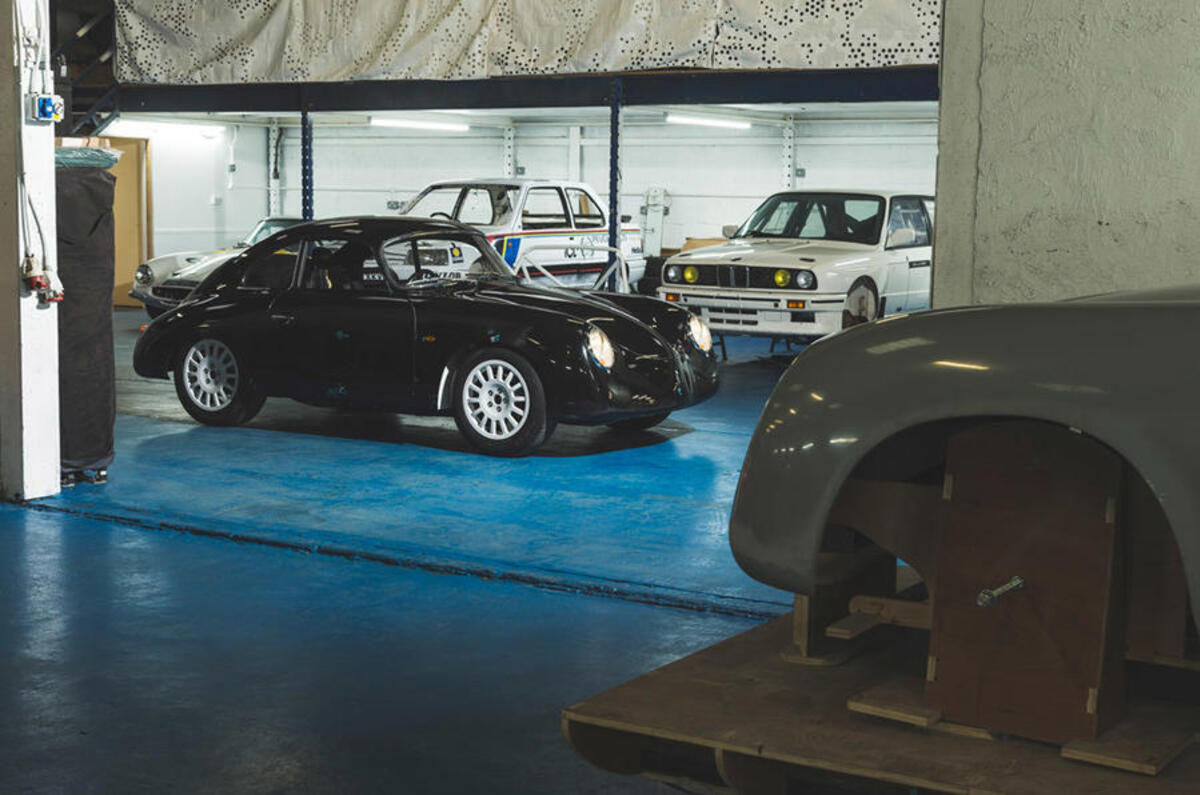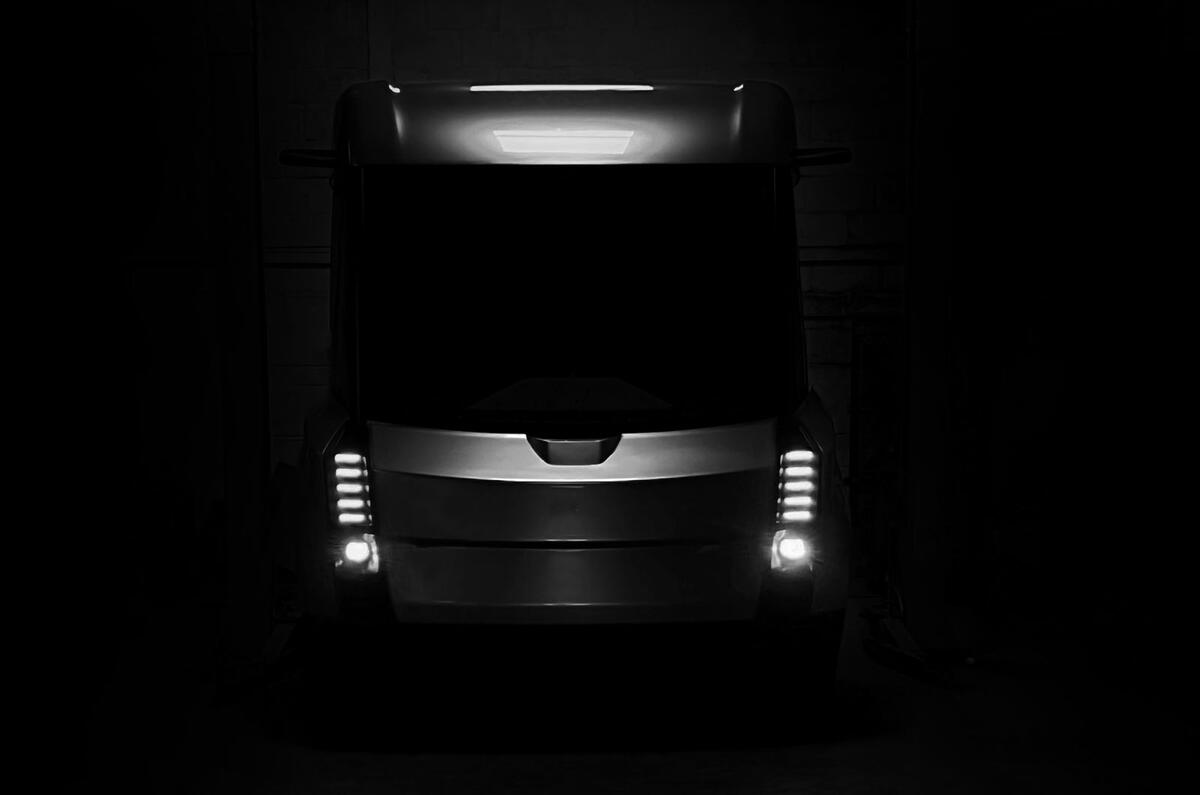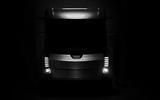Three automotive firms have joined forces to create "a new powerhouse in low-volume EV design, engineering and manufacturing" with headquarters in Cornwall and the West Midlands.
The new company, Watt EV Holdings Ltd, is made up of Cornish firm Watt Electric Vehicle Company (WEVC), Worcestershire-based vehicle architecture developer Stalcom and R&D outfit JSC Automotive.







Add your comment